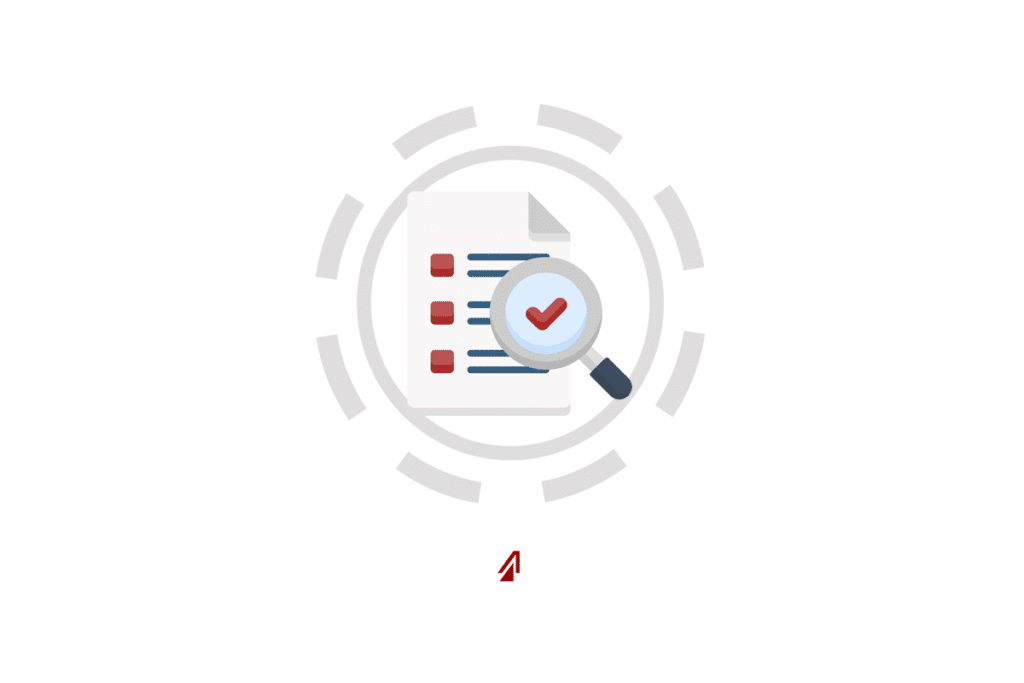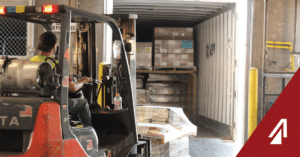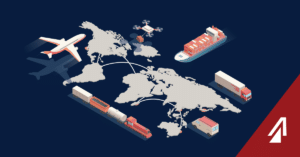Somewhere between the end of the year and the beginning of the next, many companies start to evaluate their services. The new year is a great time to evaluate current process performance and investigate making improvements. For many companies, their logistics processes are ways to save money and improve service.
How your company saves and improves, though, all depends on what type of logistics service you are receiving. If you generally ship LTL, for instance, you might be interested in changing from a Hub and Spoke provider to a consolidated provider. You might be shipping your LTL freight consolidated already and are interested in keeping the same type of service but are looking for a new provider.
No matter what type of service you are currently receiving, evaluating your service generally begins the same way – by performing a logistics service audit. This is basically an investigation into your service to see if it meets your current needs or if you should find a new provider. There are many questions that go into performing a logistics service audit – who, when, how, and why.
Who
Depending on the size and scale of your company, you many have an internal logistics management team that can handle your audit. This team will need to be made up of various members including:
• QA managers
• Accounting
• Logistics engineering
• Sales
• Senior management
These team members all play an integral role in developing your logistics processes as well as evaluating historic data and finding new solutions. If you do not have an internal logistics management team, or prefer to focus on your core competencies, you may rely on an outsourced provider like ProTrans. ProTrans has an expert team to find you the right logistics service solutions that are A Perfect Fit for your supply chain needs.
We can be the “who” that makes your supply chain more efficient LEARN MORE
When
A logistics audit is a look at the current state of the overall market, as well as how that market affects you. So, it is a good idea to check the market frequently and perform a logistics service audit at least once a year. You may find that you could be receiving significant savings or improvement in service if you are willing to make a change.
You will also want to perform an audit when you are considering making a change in service providers. Reviewing current and historic data can provide a clearer image of your service levels and give you a benchmark for future performance.
Now can be the time to analyze your supply chain LEARN MORE
How
Once you have your logistics management team assembled, they should review and evaluate your service data from historic loads as well as current market data and RFQs. This type of data is commonly compiled in reservoirs like ERP systems or TMSs. (It is important to have clear, concise data that spans a provider’s service history with your company for the most complete results.)
If building or buying your own internal TMS is cost-prohibitive, consider outsourcing to an industry leader in transportation management systems like ProTrans. ProTrans offers its own sophisticated TMS system, Optimiz, for its customers. Optimiz is the perfect tool for a logistics audit as it records and stores load data and uses that data to offer helpful insights as to the status of your supply chain. Need additional help? ProTrans can offer expert analysis on your company’s data to help you make the best decision possible.
There are multiple “how’s” to save money in your supply chain, we just need to find your unique solution LEARN MORE
Why
Peter Drucker is famously quoted saying, “What gets measured, gets managed.” You will want to perform a logistics service audit to evaluate your systems’ efficiency and effectiveness in order to reduce waste, create savings, and improve performance. Often, companies find one of two things when they audit their service – their systems are running well and they do not need to change, or there are opportunities for improvement.
These types of audits often reveal areas for savings and improvement. Like with the Hub-and-Spoke versus Consolidation service, by performing an audit, companies can discover if a significant amount of their freight is lost or damaged with the Hub-and-Spoke service. Changing to consolidated can offer significant savings. Or, another company might offer consolidated shipping at a better price than what you pay now. By performing this audit, you allow your company to have greater visibility and make the best decision for its logistics needs.
Now is the time! Let’s get started analyzing your supply chain! GET STARTED



